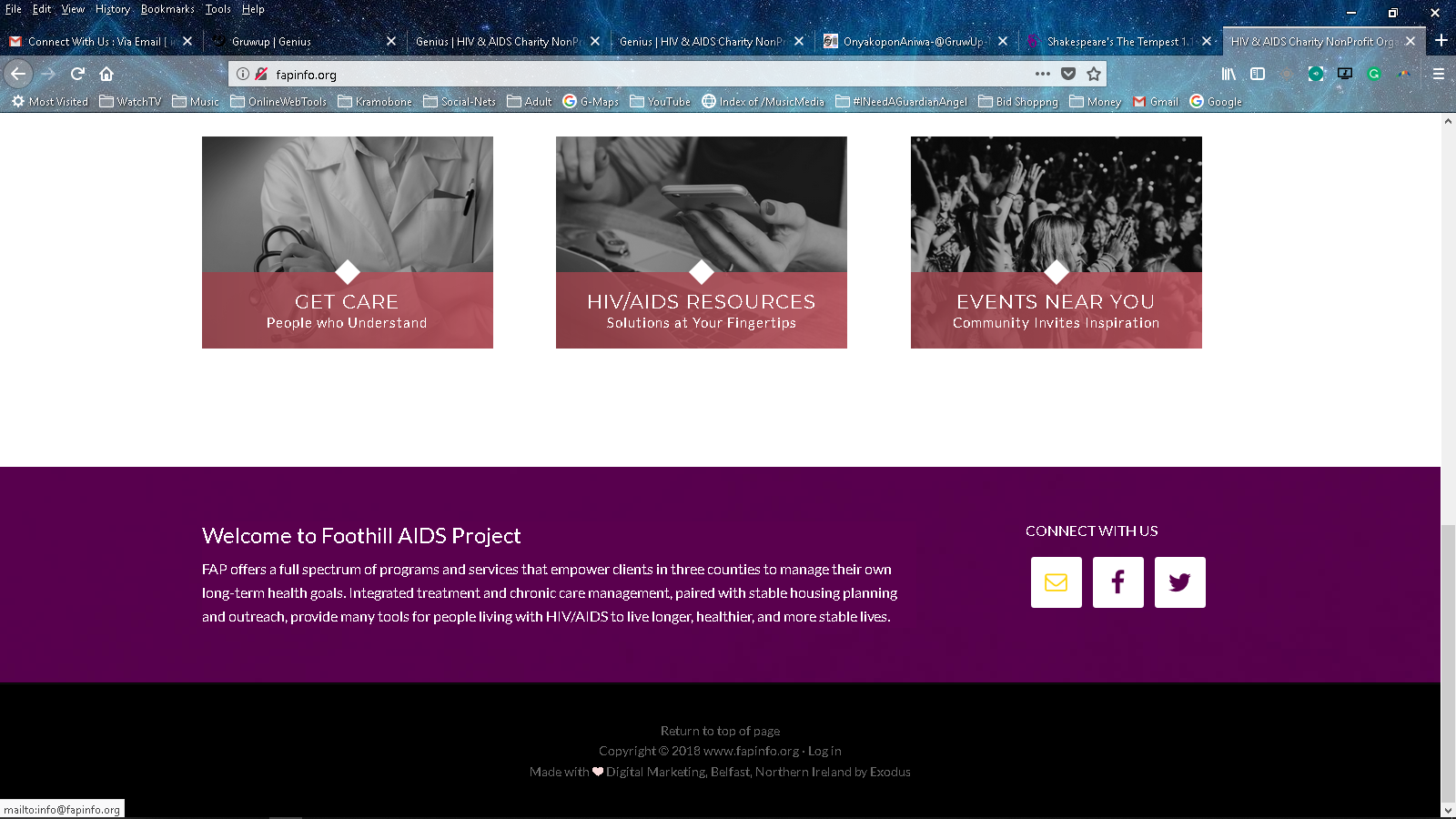Four Years Ago...
Rap Genius
was just the first step to fulfilling Marc Andreessen’s Netscape dream
of letting people annotate the whole Internet. Today, the lyric
explanation startup tries to achieve its destiny with the launch of its new genius.it/ prefix that lets you add annotations to any web page.
Just
put the prefix before a URL like
http://genius.it/beta.techcrunch.com/author/josh-constine , highlight a
piece of text or image, and you can append a back story, explanation,
context, or extra links. Other users who visit the genius.it/ version of
the same site will see your annotation, and can upvote or downvote it,
reply, or share the annotation. You can try it out by annotating the blog post you’re reading right now.
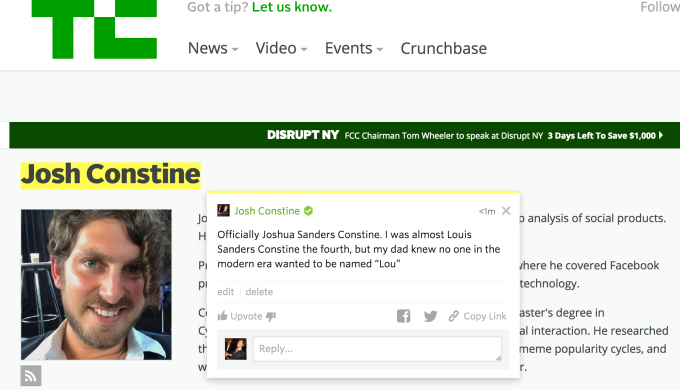
To help out, Genius today launched a Chrome Extension, Bookmarklet, and new version of its iOS app
that make it even easier to mark up websites. Featured annotations
include the 2015 State Of The Union address explained by four of
President Obama’s former speech writers, and the original JQuery code.
“Only
a handful of people know that the web browser’s big missing feature—the
feature that was supposed to be in from the start but didn’t make it—is
the ability to annotate any page on the Internet” Genius writes on the
launch page for the feature. Genius co-founder and CEO Tom Lehman wrote
this is “our biggest challenge yet” on Product Hunt.
[Update 12:45pm PST: I’ve added quotes from one of Genius’ co-founders, and more thoughts on its future.]
“At
an infrastructural level, we’re trying to change the way reading and
writing takes place on the Internet”, co-founder Ilan Zechory tells me.
“There’s been a big sea change from the printed page to the screen. We
can make any flat text more interesting, more interactive, and more
fun.”
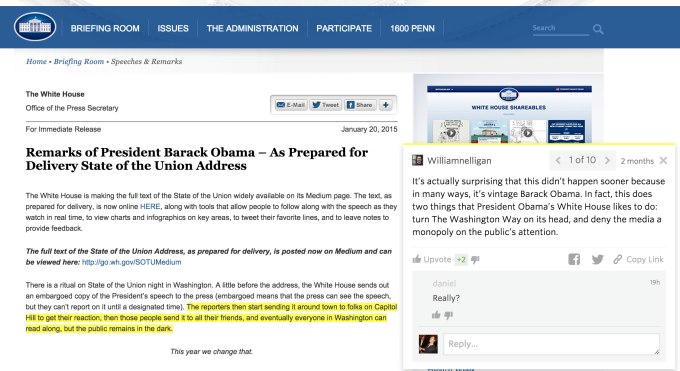
Genius, Explained
It’s
been a rollercoaster for Genius over the past few years. Originally
founded by three friends and rap lovers at Yale, Rap Genius let users
upload lyrics to its site, and add explanations of the complex metaphors
and slang. The classic example is the Lil Wayne lyric “Real G’s move in
silence like lasagna”, which Rap Genius could teach you mean that true
‘G’angsters perform the illegal activities in secret without making
noise, like how the letter ‘g’ is silent in the pronunciation of the
word ‘lasagna’.
Eventually, Rap Genius expanded to letting people annotate poetry, legal documents, historical texts, and news on its site. Still, many thought of the site as just a joke. Boy were they shocked when prestigious firm Andreessen Horowitz invested $15 million
into the startup in 2012. The investors were oddly fitting, as Marc
Andreessen tried to build an annotation feature into Netscape but had to
abort due to technical challenges of the 1990s, and Ben Horowitz is an
avid rap fan who often quotes lyrics to sum up his blog posts about
venture capital.
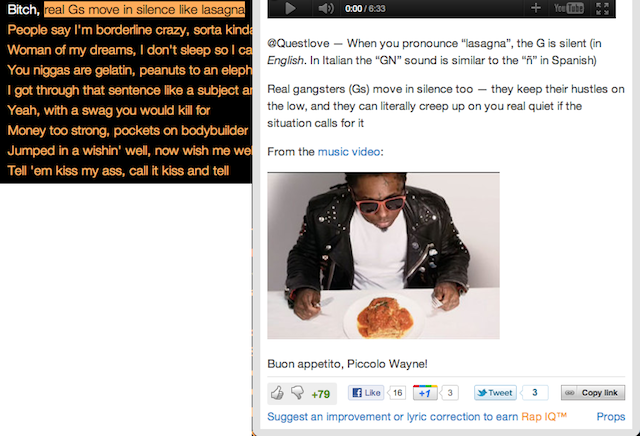
Even
back then, Rap Genius eventually planned “to have annotations where
people are reading news” as Horowitz told me. But the startup took a
windy path to today.
One of its co-founders Mahbod Moghadam, the
champion of Rap Genius’ vibrant international community of contributors.
became a loose cannon. In interviews, he told luminaries like Mark
Zuckerberg and Warren Buffet to “Suck my D*ck”. He attempted to cheat Google Search results
by incentivizing bloggers to add random hidden links to Rap Genius
pages in order to boost their SEO. When caught, Google penalized Rap
Genius’ search placement, temporarily damaging its traffic, though it
seems to have gotten its juice back since.
You can see Moghadam’s
antics and get a feel for the other founders in this zany interview with
me at TechCrunch Disrupt NYC 2013.
The
final straw came when Moghadam made a misogynistic comment on the Rap
Genius annotation of the Santa Barbara Massacre perpetrator’s manifesto.
Though he deleted his comment and apologized, he was forced to resign from the company.
But Rap Genius has since bounced back. It changed its name to just Genius to denote its widened scope, and raised $40 million more
from Dan Gilbert, owner of the Cleveland Cavaliers basketball team, and
Andreessen Horowitz. The startup launched an iOS app to ween itself off of relying on Google Search traffic, and began experimenting with embeddable annotations.
Invisible Ink Community
Now Genius is opening up annotations for all web pages without their owners having to change any code.
Next,
Zechory told me Genius wants to offer a “social experience” of
“collaboratively reading the whole internet together”. When I asked if
that meant a feed of annotations left by your friends and people you
follow, he said “Exactly”. Genius.com already has activity feeds of your
own submissions and a firehose of everything happening on the site, but
a personalized feed combined with the new open web annotations could
make Genius a news reader of sorts.
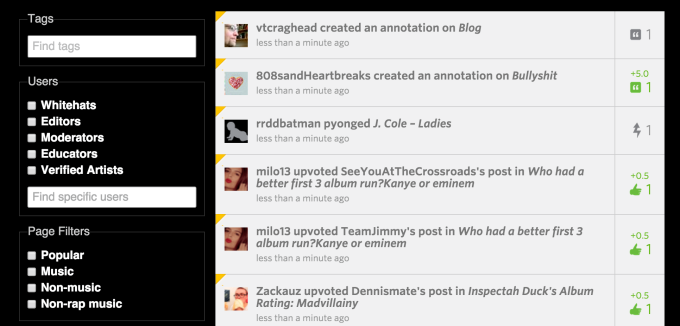
Genius
has yet to start monetizing the massive traffic to its own site. Lyric
searches are believed to make up a sizeable percentage of all web
searches, with some figures estimating them at between 2% and 7%. Compete and Comscore peg Genius.com at between 3 million and 4.5 million unique visitors a month, and Alexa says it’s the 512th most popular website in the US.
Still,
it shows no ads, unlike spam-riddled competitors like AZlyrics and
Metrolyrics. Zechory tells me “Right now we’re just trying to make the
thing as good as possible. The company is just focused 100% on the
marriage of product and community.” He wouldn’t confirm traffic numbers,
but insisted Genius is growing quickly. “The monetization opportunities
become more interesting as we become more ubiquitous and culturally
relevant” he concludes.
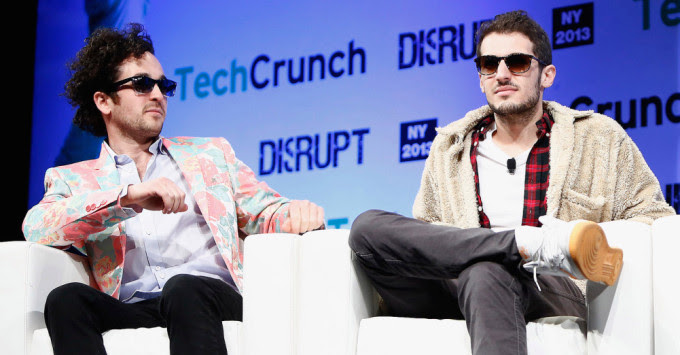
Genius’ remaining founders, Tom Lehman and Ilan Zechory (from left)
With
well-established competitors and Google now showing lyrics from Google
Play right on the search results page, Genius will have to teach the
world why it’s augmented content is worth a click. Even if it has Eminem
explaining his own lyrics, it still might show up in search results
below the raw text versions provided by others.
Expanding its
offsite footprint could help spread its brand. To non-Genius users, the
websites look normal. But those who visit the prefixed URL or use its
extension will see the hidden, crowdsourced stories behind the content.
If
Genius’ web annotations catch on, it could forge a community of readers
with X-ray vision, appending thoughts to sites that only each other can
see.

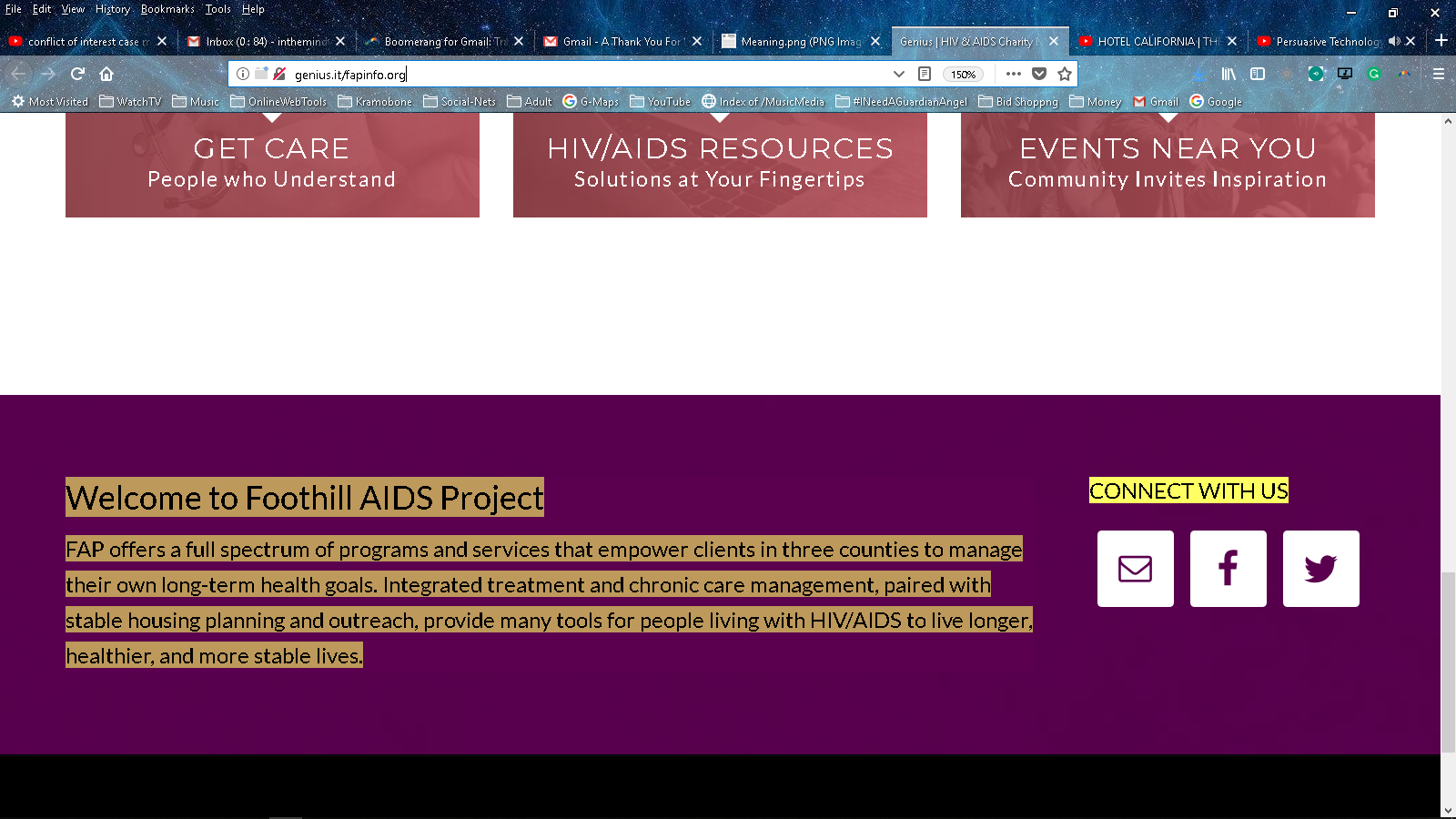
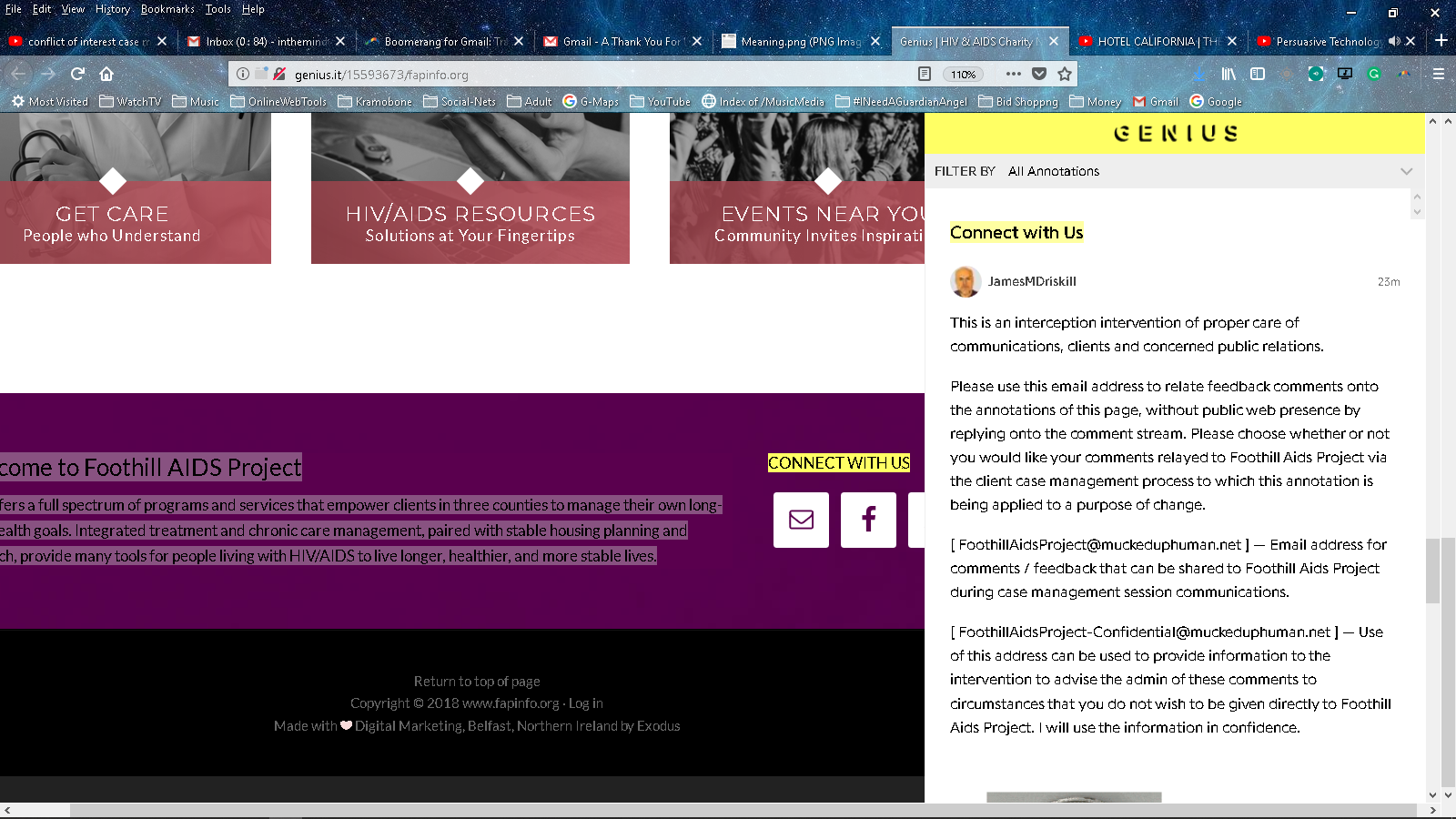

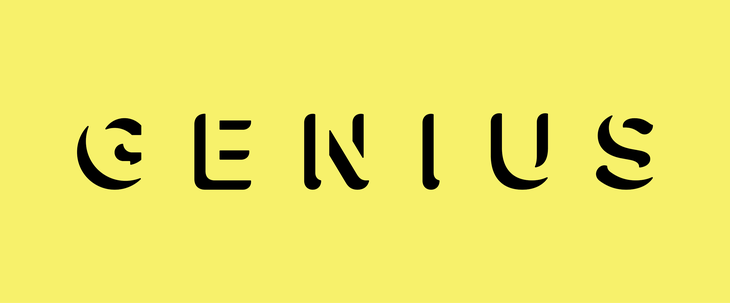







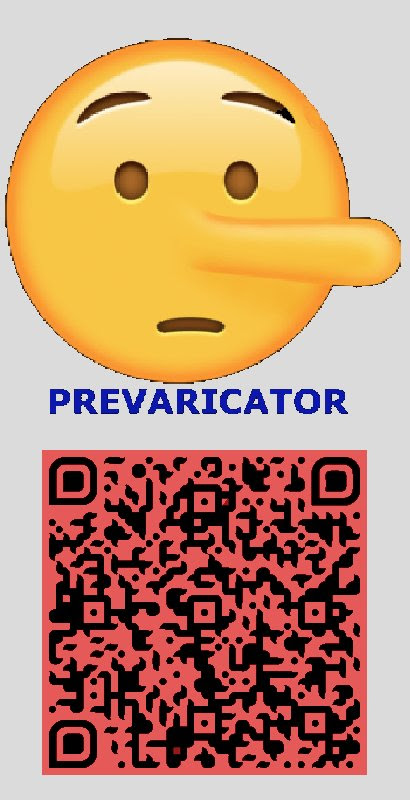
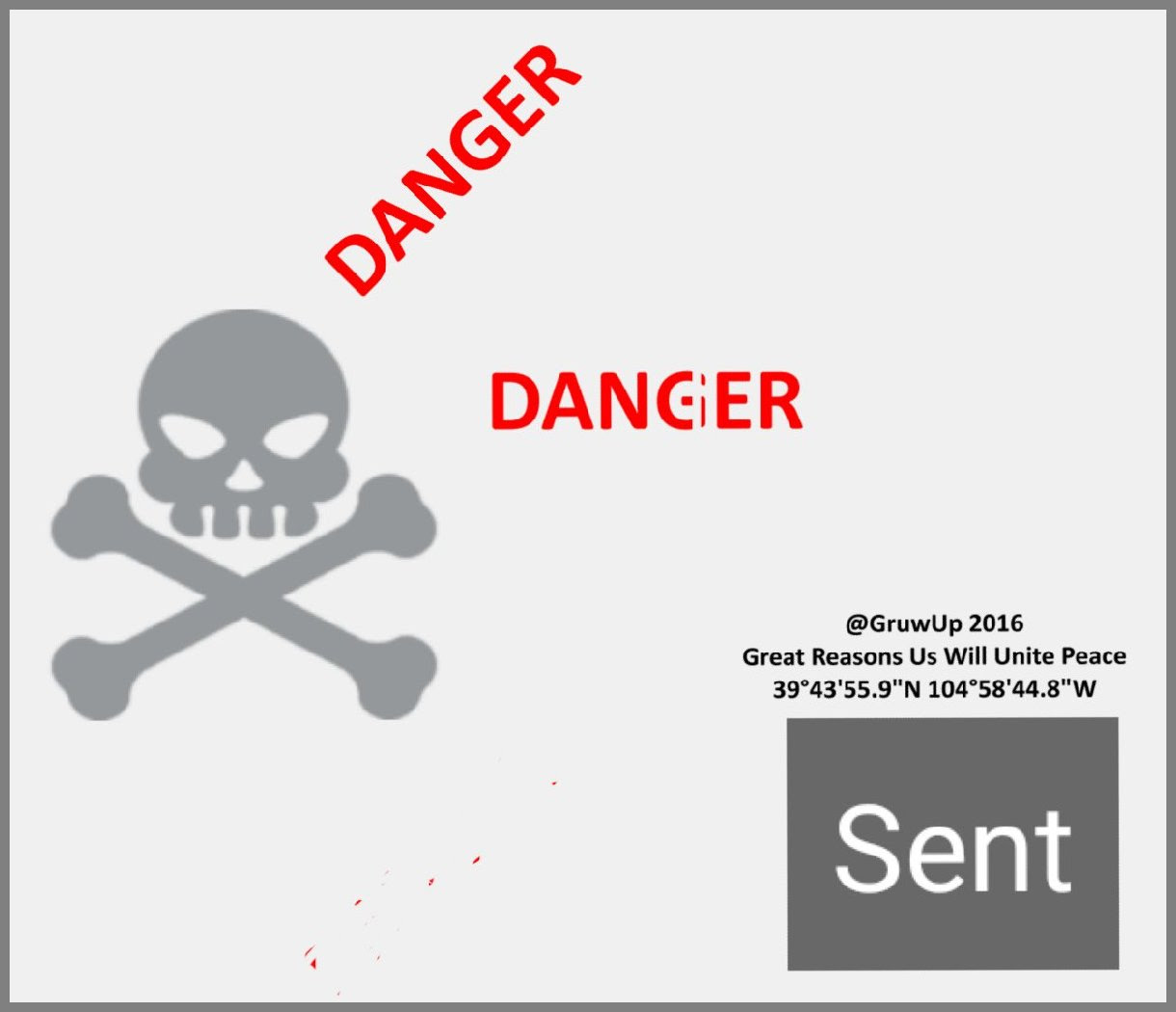






 ] =
] =
